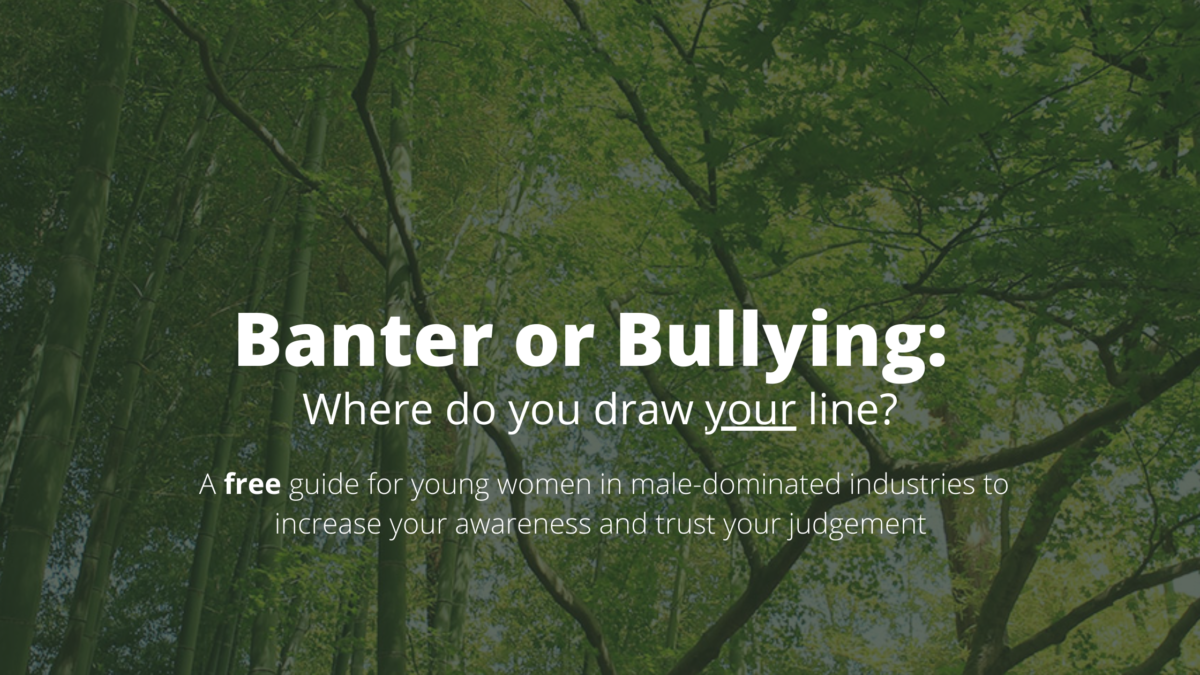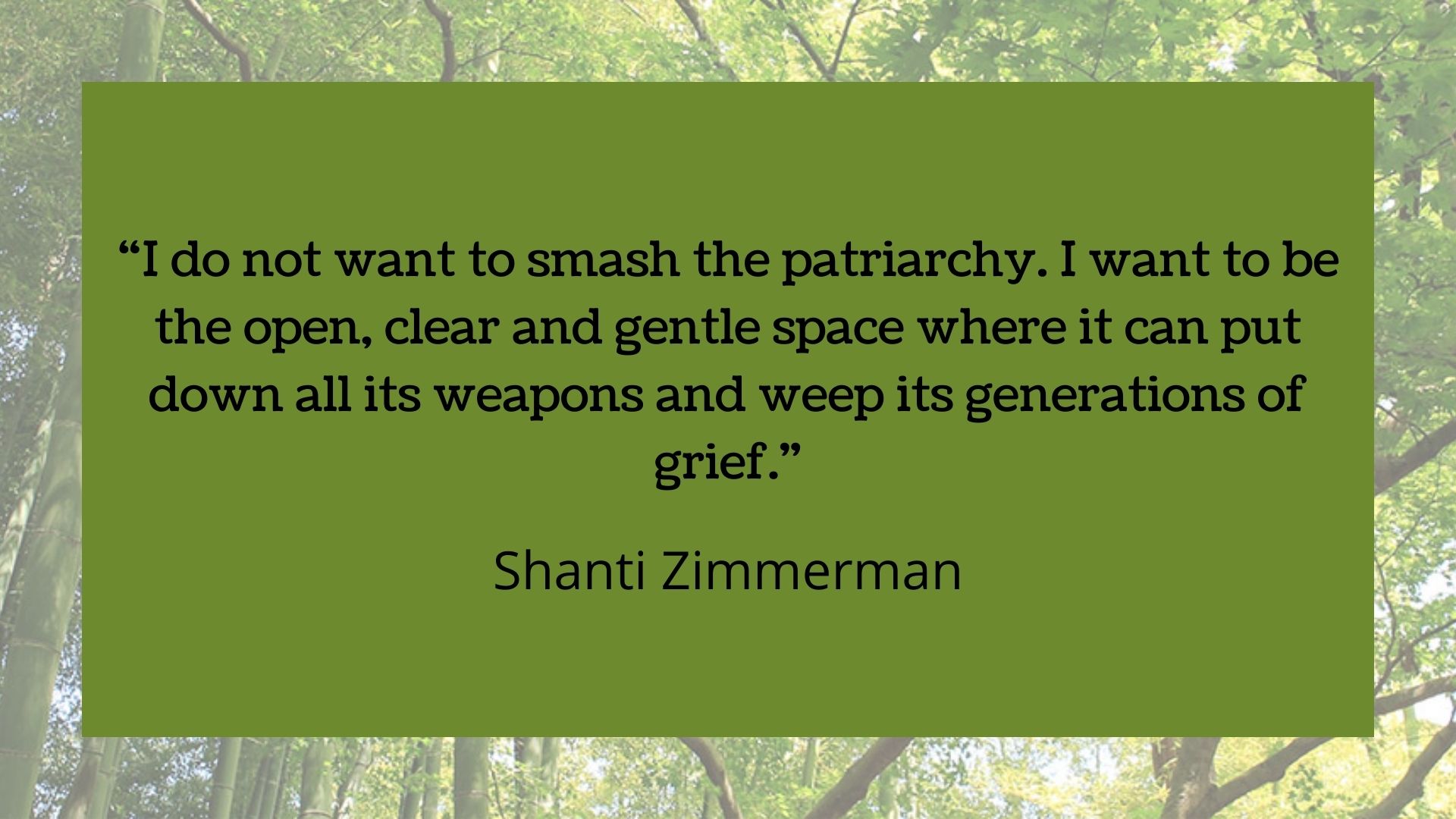Patriarchy is a term which pits women against men and women who are willing to call themselves feminists against those who are not. In fact, the word itself is often the reason for that unwillingness as so many women, like me, know so many lovely men. So let me make this really clear: patriarchy is not about men. Well, it is not just about men. So what is patriarchy?
There is so much I could write about patriarchy and over the course of these blog posts I probably will.
To me, patriarchy is a system of domination characterised by violence in word and deed, and by the separation of humans from each other, from the natural world, and from their own feelings and needs.
It is a system where judgement and blame are the norm and compassion and connection are discouraged. It is a system where most suffer financially and everyone suffers personally.
A brief history of patriarchy
Patriarchy means ‘rule by the father’. It is a system which grew up where the father was the head of the household, all property and power were held in his hands and he passed it all on to his children. I highlight the word ‘his’ because once the paternity of a man’s children became paramount, women had to be controlled to guarantee that no other man should have access to her. It was at this point that domination and control became embedded in the system. This is not the universal or natural order of things, it is historically contingent. Basically, it just grew up in some places and it spread. (See Miki Kashtan Why Patriarchy is not about Men)
What patriarchy does not mean
Patriarchy does not mean that all men have life easier than all women. It does not mean that there are no other issues of suffering or inequality in the world. It certainly does not mean that men do not suffer at the hands of patriarchy, quite the opposite.
“I do not want to smash the patriarchy. I want to be the open, clear and gentle space where it can put down all its weapons and weep its generations of grief.” Shanti Zimmerman.
I love this quote from Shanti Zimmerman. Smashing anything brings with it the energy of violence. To dismantle a violent system by using violence is counter-productive. Violence does violence to those who perpetrate it just as much as it does to the victims of it (I will write about the work I have done with people who have committed violence elsewhere and working with military veterans is an area of work I would love to stretch into). To dismantle a system of domination we have to use the tools of nonviolence: compassion, connection, understanding and before all that, grief.


